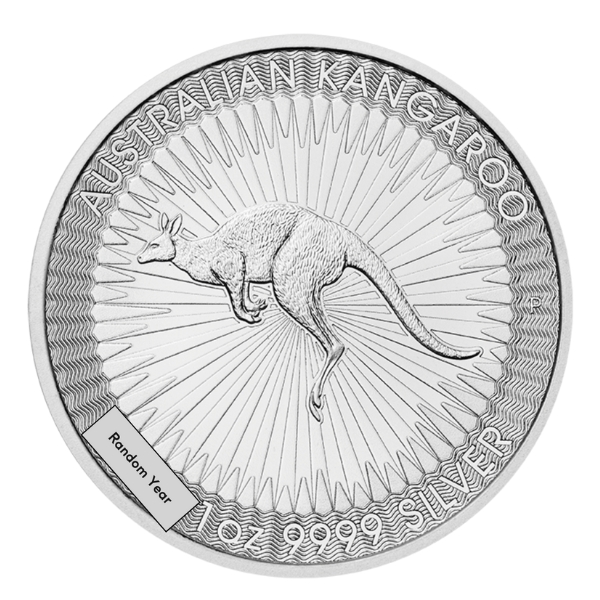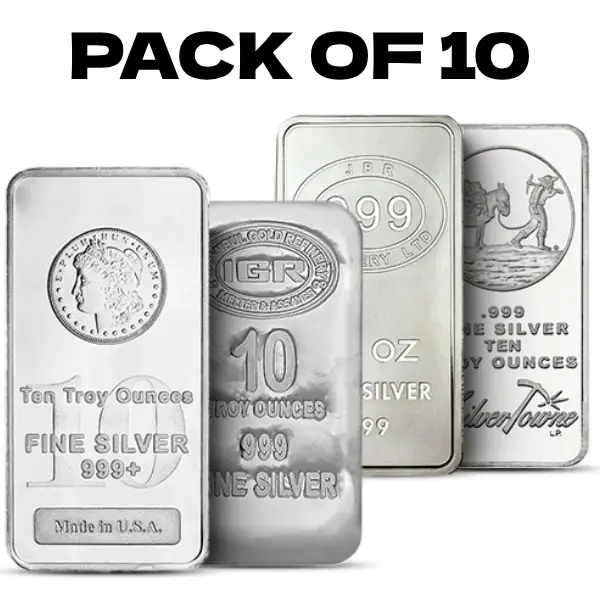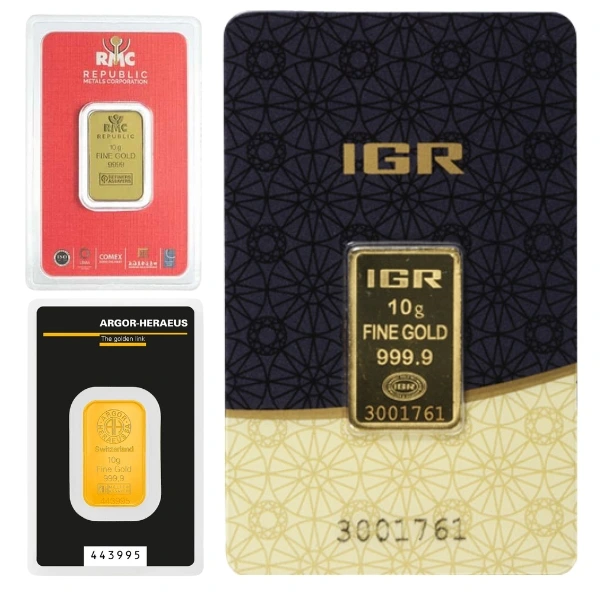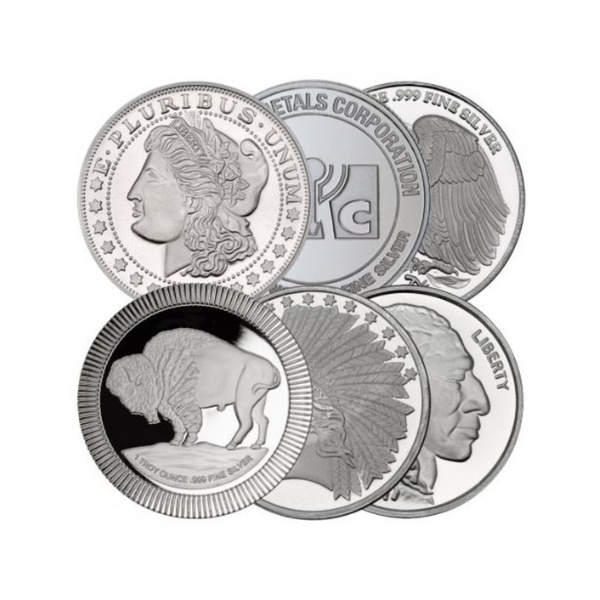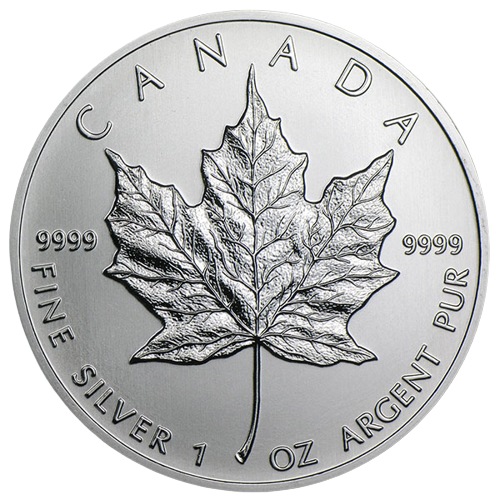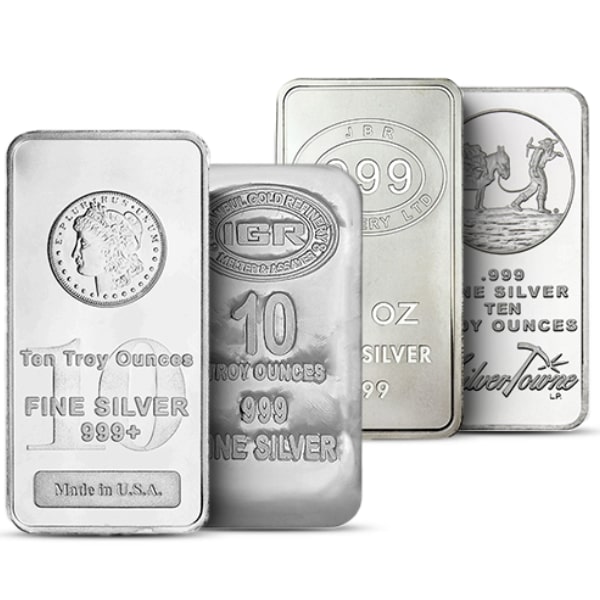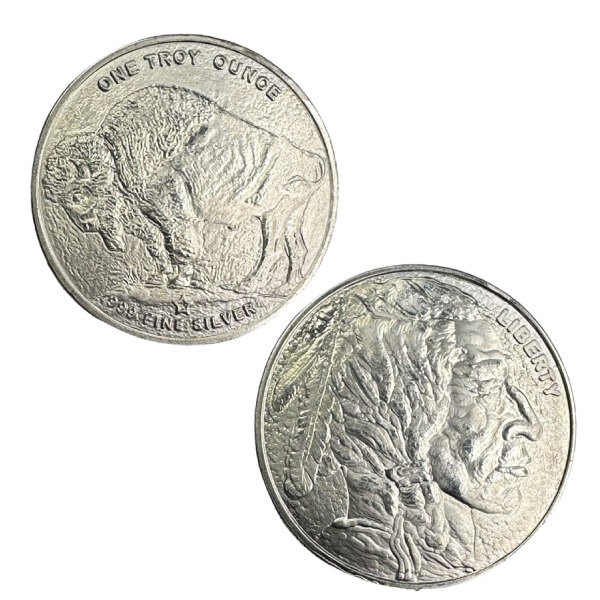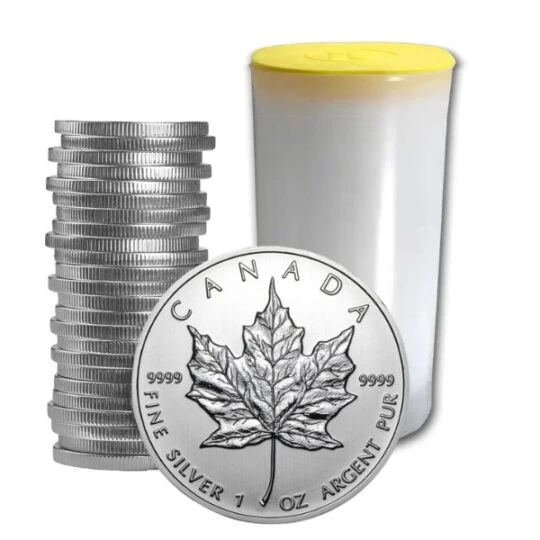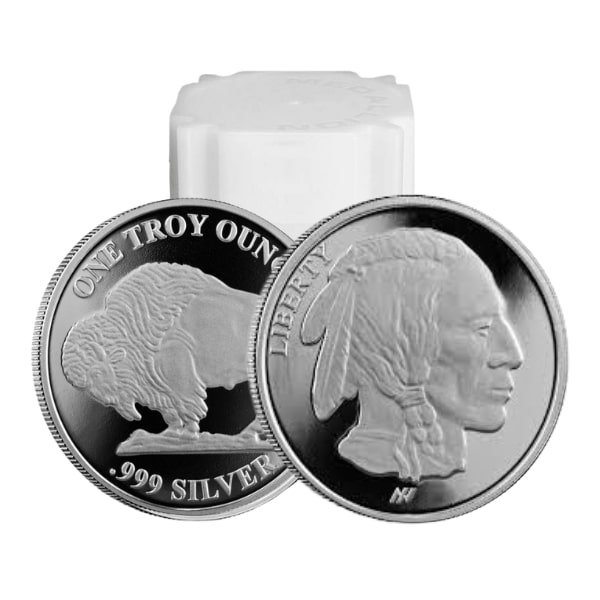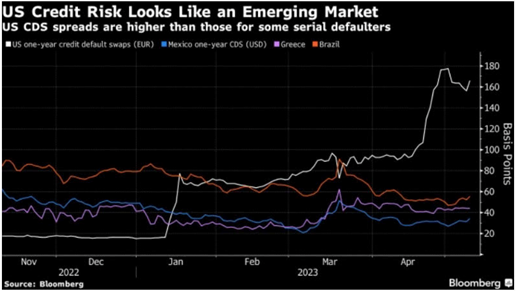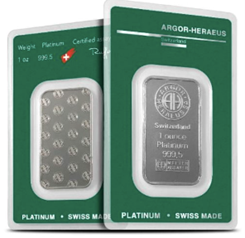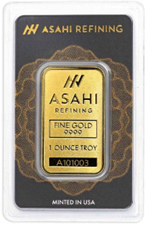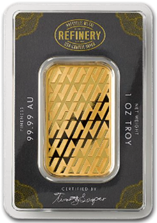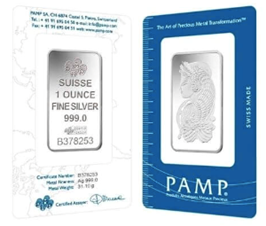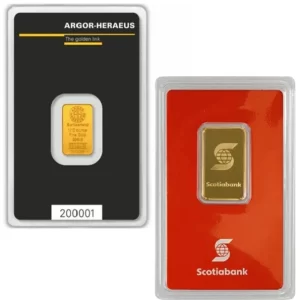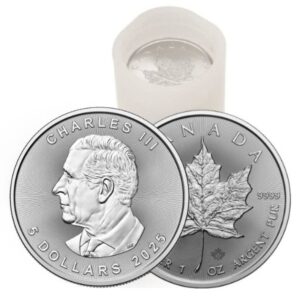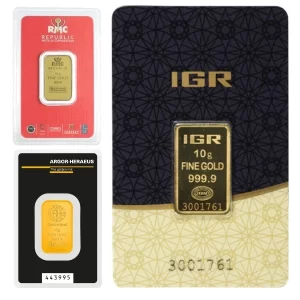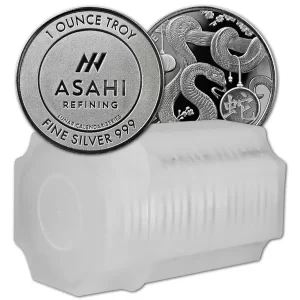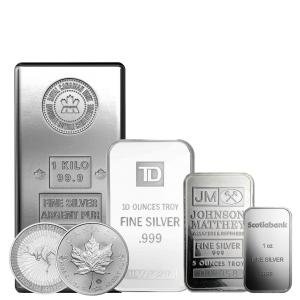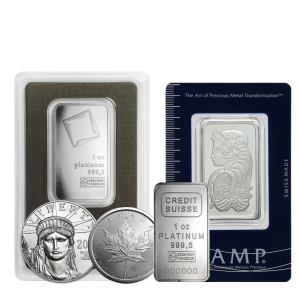If you have watched either the movie The Big Short or the documentary Inside Job, both in which cover the 2008 Great Financial Crisis, you will already have some background knowledge on what a Credit Default Swap (CDS) is. If you haven’t seen either, one, we highly suggest you do, but two, you may not be as familiar with what a CDS is, so allow us to briefly break it down.
When you buy government bonds from any country, you are making a bet that the government will continue to pay back its’ creditors and so you (the purchaser of bonds) essentially lone the government who issued the bonds money when bonds/treasuries are purchased with the promise that you will get your funds back, plus interest after your bonds mature. If a country or entity defaults while you are holding their bonds, you get stuck holding the bag and receive nothing. However, if you purchase a CDS, you are making the opposite bet, that the government or those taking on debt, will default, and NOT pay back their creditors. One of the main storylines from The Big Short and Inside Job was a gentleman named Michael Burry and his bet against the housing market in the United States prior to 2008. Michael Burry began purchasing billions and billions of dollars (USD) worth of Credit Default Swaps related to the public paying back their mortgages. When the housing market collapsed, Michael Burry made an obscene amount of money, while those who purchased the debt via Mortgage Backed Securities (MBS) betting that homeowners would continue to pay back what they borrowed to purchase the house, lost everything.
The reason we chose to highlight the above, was because late last week it came out that the United States cost of insuring Treasuries against default has dramatically eclipsed the cost of a few emerging markets – namely Greece, Brazil and Mexico. The below image shows just how quickly markets began to worry that the United States would run out of money and forgo making payments to their creditors.
As you can see above, the United States was firmly lower than Greece, Mexico, and Brazil through 2022, however, in January of 2023 when worries of default surfaced, the cost of insuring against default spiked to meet Brazil. However, as conditions continued to worsen, the United States slowly crept higher until April of 2023 when fears of a default took off like a rocket. What should be noted is that Greece has defaulted 5 times in the modern era going back to the mid-1800s, Brazil has defaulted over 10 times since that time, and Mexico has also defaulted a number of times with their most recent default coming in 1982. In comparison the United States has NEVER defaulted on its debt, which would be expected of the country holding the world reserve currency, as a default would create mass panic in all countries around the world, especially those holding United States Treasuries. What is also incredibly telling is that the United States still has a AAA rating on its debt, the highest possible rating, while Brazil, Greece, and Mexico are rated many rungs lower, yet the cost to insure against the United States is many times higher than either of those three countries. It sounds similar to when rating agencies had Silicon Valley Bank rated AAA until AFTER the bank had collapsed, then they swiftly changed the rating to default level, the lowest possible rating.
This development sheds much needed light on the rapid de-dollarization taking place around the world as countries move toward silver and gold at record pace, and away from debt based assets. Why would countries continue to hold United States Treasuries, if the risk of the U.S. government not paying them back has skyrocketed? They simply wouldn’t. Seeing countries move toward gold/silver backed crypto tokens like Zimbabwe has done, or BRICS nations beginning to trade in their own national currencies while stockpiling gold – makes far more sense when you begin to understand what is happening behind the scenes.
To take this a step further, Janet Yellen recently announced that the United States Treasury had only $88 billion left to pay the country’s bills. That may seem like a lot of cash, until you consider the fact this is a country that is over $31 trillion in debt. Again, if the United States were to default on June 1st, the value of all circulating United States Dollars would be called into question, causing physical assets like silver, gold, and other commodities with real, tangible value to rapidly increase in price when measured in dollars as the overarching market looks for a reliable source of value not tied to the United States Dollar or any other un-backed fiat currency.
Of course, much of what would happen if the United States defaulted is unknown due to this being uncharted territory for a country holding world reserve currency status, but that said, one of the most well respected investors in American history, Warren Buffett, does not see anything positive coming from a United States default. In an interview a couple weeks ago, Buffett stated that, “nobody knows how far you can go with a paper currency before it gets out of control, particularly if you’re the world’s reserve currency… And you don’t want to try and pick out the point where it does become a problem because then it’s all over.” He went on to say, “I think we should be very carful… People behave very differently when the inflation genie gets out of the bottle… It’s madness to just keep printing money.” I think it is pretty clear where Buffett stands on rapidly debasing fiat currencies with rapid currency creation, not to mention that going back several decades, Howard Buffett, Warren’s father, was one of the largest supporters of using gold as money during his tenure in the United States Senate.
In all the fog and confusion, one thing is clear, countries are rapidly moving away from using/depending on United States Dollars for trade, at the same time central banks continue to purchase gold at a record pace to keep the value of their reserves afloat. As we creep toward a United Sates default, we expect the aforementioned trends to continue at an expedited pace. If you too want to store the value you have worked hard to earn, precious metals are here to help. Which precious metal you choose is entirely up to you, as each metal is incredibly scarce, and becoming harder and harder to secure as supply deficits increase in each creating immense price pressure to the upside. If you are interested in securing your wealth via precious metals, check out our 1oz Platinum Bars coming out of Argor-Heraeus, our 1 oz Gold Bars out of Asahi, or our 1 oz Silver Bars out of PAMP Suisse.
1oz Platinum Argor-Heraeus Bar

 Hi,
Hi,

